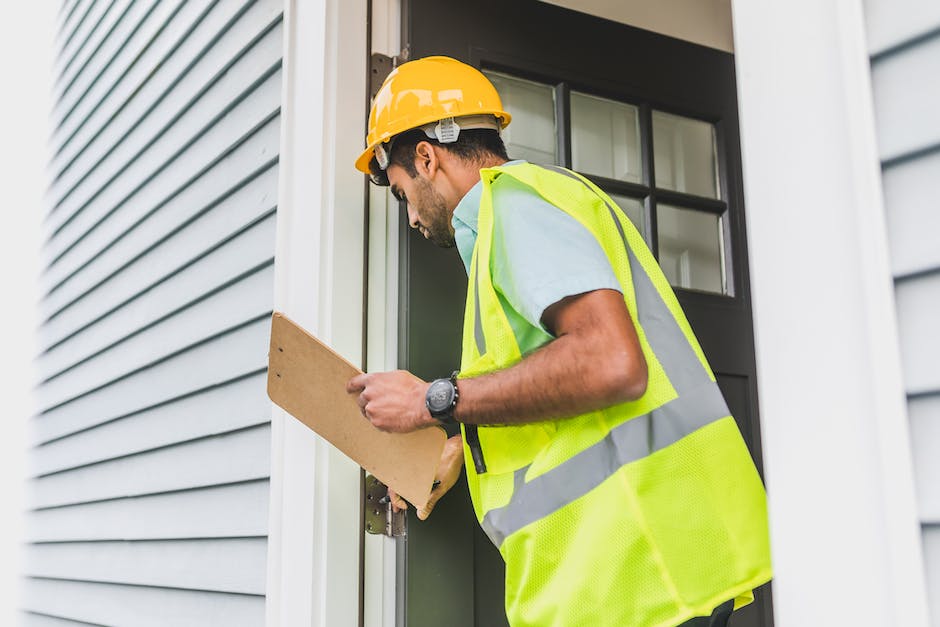Do you ever wonder if the air inside your home is really safe to breathe during Orlando’s humid spring season? Mold can start growing in less than 24 to 48 hours after moisture exposure, according to the Environmental Protection Agency.
That’s a real concern for Florida homeowners dealing with high humidity and frequent rainfall. A mold inspection Orlando FL can help you catch problems early – before they become expensive repairs or health hazards.
Today we’re taking a closer look into why scheduling a preventative inspection now can protect your air quality, health, and home from hidden mold growth.
Why Mold Grows So Easily in Orlando
Orlando’s climate makes it one of the easiest places for mold to grow. High humidity, frequent storms, and warm temperatures all work together to create the perfect setting for moisture to build up inside homes.
That moisture, even in small amounts, can quickly lead to mold. Many homeowners don’t realize how common mold is in this part of Florida.
There are three main reasons mold becomes a problem so quickly in Orlando homes:
- The humidity is high nearly year-round
- Florida’s rainy season increases moisture exposure
- Poor ventilation in certain parts of the home traps damp air
The Humidity Is High Nearly Year-Round
Orlando often has humidity levels above 70%. That moisture in the air can seep into walls, ceilings, and floors without any visible leaks.
Even homes with working air conditioning can struggle to control it. Bathrooms, laundry rooms, and kitchens are all common trouble spots.
Florida’s Rainy Season Increases Moisture Exposure
Heavy rains in spring and summer can cause roof leaks, clogged gutters, and minor flooding. When water seeps into a home and doesn’t dry fast enough, mold has a chance to grow. Many homeowners don’t spot water damage right away, which gives mold time to spread in hidden spaces.
Poor Ventilation Traps Damp Air
Many houses in Orlando are sealed tight to keep the heat out. But without enough airflow, moisture gets trapped inside.
Closed-up attics, crawlspaces, and basements are common places where humidity lingers. These areas often go unchecked for long periods, making them ideal for mold.
Health and Safety Risks of Mold Exposure
Mold isn’t just something that looks bad or smells musty. It can affect the way people feel in their own home. For some, it causes mild allergy-like symptoms.
For others, it can lead to more serious health problems over time. The longer mold is left to grow, the more it can affect the air people breathe.
There are three main ways mold can impact health and safety:
- It triggers allergies and asthma
- It can lead to chronic respiratory problems
- It may cause long-term effects for young children or older adults
It Triggers Allergies and Asthma
People with allergies or asthma often notice symptoms get worse when mold is in the home. Common reactions include coughing, sneezing, watery eyes, and trouble breathing. These symptoms may start off light but get worse the longer someone is exposed.
It Can Lead to Chronic Respiratory Problems
Even people without allergies may notice their throat feels irritated or that they’re coughing more often. Breathing in mold spores over time can put stress on the lungs. In homes with poor ventilation, indoor air quality can quickly drop.
It May Cause Long-Term Effects for Young Children or Older Adults
Children, seniors, and people with weak immune systems are more sensitive to mold. For them, breathing issues can show up faster and stick around longer. Some may feel tired or get sick more often without knowing why.
Mold inspection Orlando FL services can help find problems before they grow out of hand. Taking early steps toward preventing mold growth helps protect the people who live in the home every day.
What Preventative Mold Testing in Orlando Involves
A preventative mold inspection helps catch moisture and mold issues before they spread. It gives you a clear picture of what’s going on in your home, even in places you don’t see every day. This type of inspection is different from full mold removal. It’s focused on early detection.
There are three main parts involved in this kind of service:
- A full visual check of the property
- Moisture readings and possible air testing
- Surface sampling when needed
A Full Visual Check of the Property
The inspection usually starts with a detailed walk-through of your home. A trained inspector looks for signs of water damage, stains, or mold spots.
They check the walls, ceilings, baseboards, and other places where moisture can collect. Some areas may look fine at first, but small signs – like bubbling paint or a musty smell – can show early trouble.
Moisture Readings and Possible Air Testing
After the visual check, the inspector uses tools to measure moisture in the air and walls. If humidity levels are high, that can mean a mold problem is forming.
In some cases, air testing is done to find out if mold spores are already floating around. This helps with checking indoor air quality and spotting issues that aren’t visible.
Mold Inspection Orlando FL: Surface Sampling
If the inspector finds something that looks like mold, they may take a small sample from that area. This sample gets tested in a lab to confirm what kind of mold it is. This step helps rule out false alarms and guides the next steps if cleanup is needed.
A good inspection doesn’t rush through the process. It focuses on the right areas and uses the right tools.
Mold testing in Orlando often starts with this kind of baseline check, especially in homes that have been closed up or recently had water leaks.
Orlando Mold Removal
A mold inspection Orlando FL can help protect your home and health before small issues turn into big repairs.
At Elite Mold Services, we make mold simple. Since 2006, our licensed team has served Orlando with clear answers and honest service. We offer fair pricing, calm professionalism, and over 60 years of combined experience. If you’ve received another quote, we’re glad to review it and explain how our certified team compares.
Get in touch today to find out how we can help with your mold!

